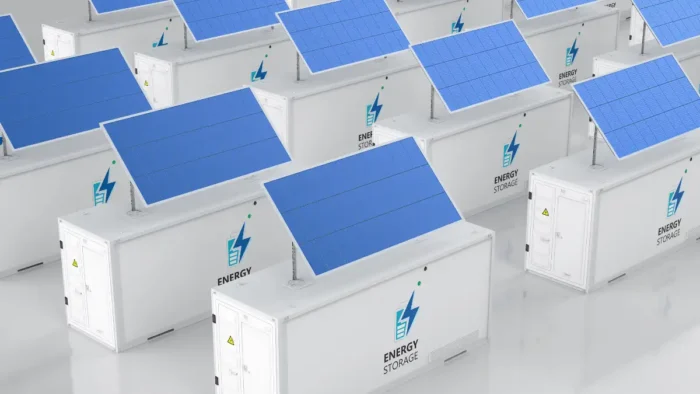Starting a culinary or food business is an exciting prospect, one which does require a bit of forethought and consideration. However, although there are certain legal requirements, there is also a lot of information available to help you to prepare for the journey ahead.
Whether you are considering buying into a business franchise or starting your own complete food van, there are specific legal requirements to running a food business. To help you navigate the intricacies of the culinary business world we’ve pulled together some helpful recommendations on how to approach the food business and make sure you have dotted and crossed all aspects so you can legally operate in Australia.
Getting a Business License
Supplying food to the general public has health and safety risks associated with it, which means there are some steps that your local council will require from you to ensure that they are able to protect customers. The first is a business license.
Business licensing can vary depending on the type of food business and the area in which it is operating. The first point of call is to contact your local council and ask them which business you fall under, whether that it a cafe, pub, restaurant, or mobile unit. Once you’ve identified which business classification you fall under, they will be able to advise you on the regulations you will need to meet. Australian Business Licence and Information Service (ABLIS) can help you identify your particular requirements.
As well as at a local level, each state also has different food classification rules. For ease of use we’ve hyperlinked the websites for each state: NSW, ACT, VIC, QLD, SA, WA, NT, TAS.
Things you’ll need to apply for your business license
In order to apply for your business license at your local council, they will require you to have the following information available.
- The business classification that your food business will fall under. Businesses will usually have a predetermined class, and fall within one of four classes.
- The type of food being served.
- The type of target audience.
- Nominated food safety officer. Your safety officer will need a safety certificate from the state your business is operating in, and from the specific industry.
Food safety training
Whoever operating the business and all staff working in the establishment are legally required to have completed the relevant training for the food industry and the relevant state. This is the employer’s responsibility to make sure all employee training is up to date and has to cover basic training. The Australia Institute of Food Safety is Australia’s leading training course provider and an excellent place to start.
Don’t forget it is all about continual improvement
Although the above guide has a focus on getting into the food industry, most of the points highlighted in this article are also an ongoing part of running a successful business. Your business will be required to renew its license annually, update staff training regularly and make sure your business meets all safety requirements. Furthermore, your business will receive semi-regular inspections, and be required to pass them to continue to operate.
It can be a big commitment to opening a food business, however, it is also one that provides considerable gains. Getting organized at the very start, and working with suppliers you trust will be important. Information is power, which is why doing your homework early on will improve your success later.
Stay up to date
A sure-fire way to keep ahead of the curve is to stay up to date with food, and health and safety laws, the Australian and New Zealand Food Safety Code can be accessed and downloaded here.





